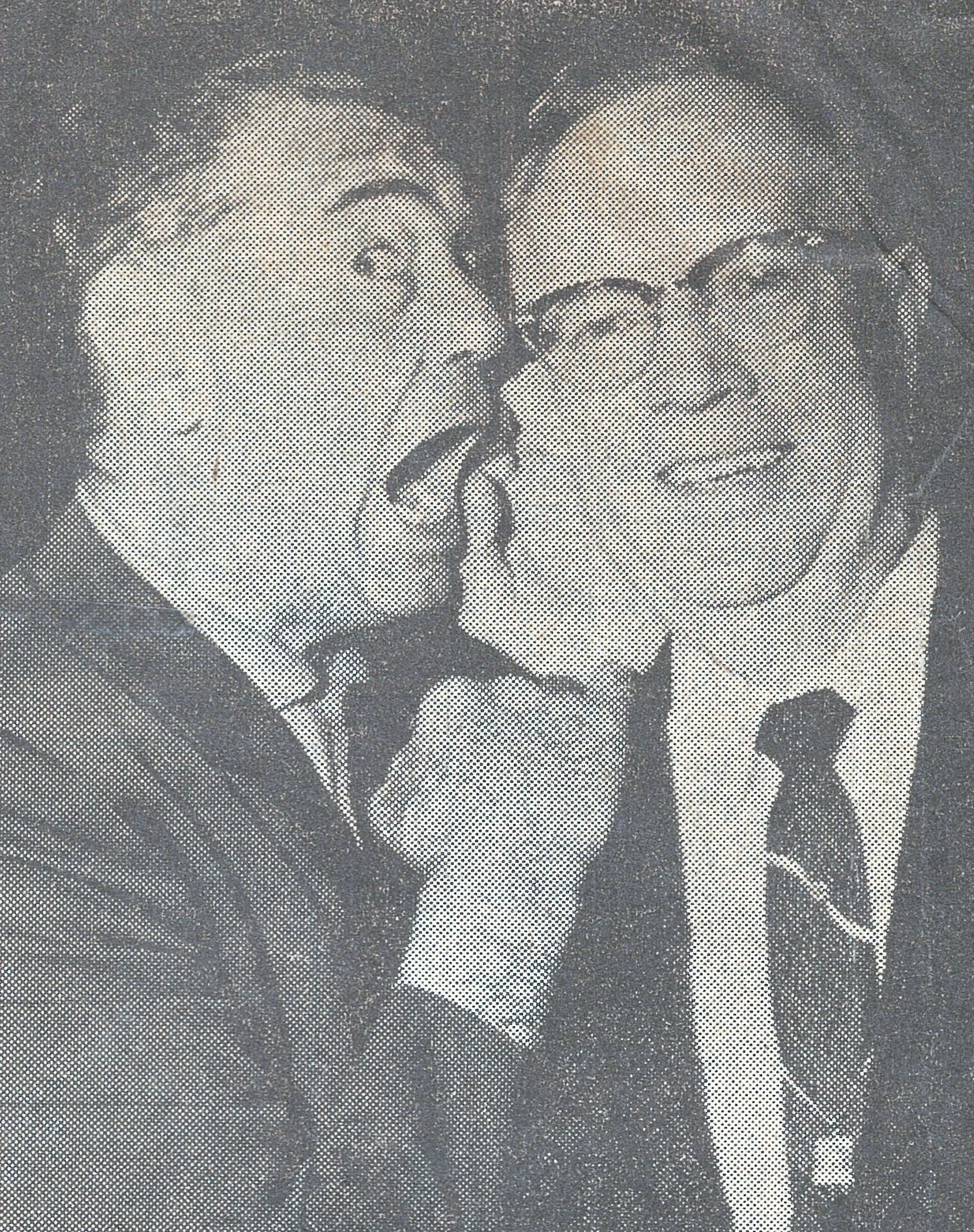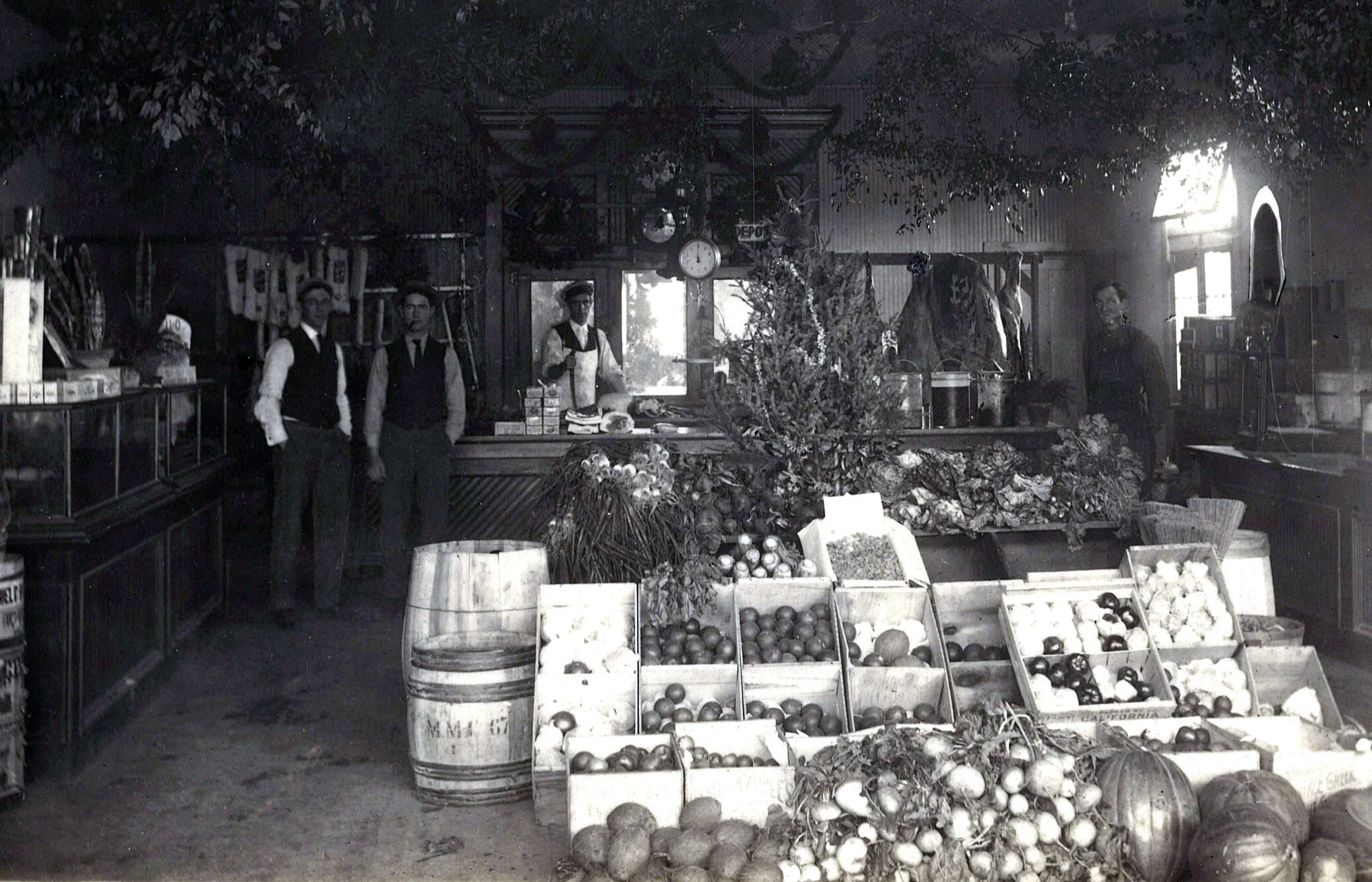
At Home in the Arctic
Some time ago, I wrote about my great-grandfather’s cousin Ethel Barnhart and her husband William Van Valin, who in 1911 became teachers in a school for Alaskan Natives run by the U.S. government. After four years, Will and Ethel returned to the continental United States, bringing with them a large collection of Native Alaskan artifacts, many of which they sold to the Penn Museum, a Philadelphia anthropological museum affiliated with the University of Pennsylvania. A few years later, when the Penn Museum was offered funding for a research expedition to northern Alaska, museum staff turned to Will to lead the effort.

Jack Dempsey’s Rolex
When I was a child, my parents always received a cheesecake from Jack Dempsey’s Broadway Restaurant at Christmas. I didn’t really understand who Jack Dempsey was or why he sent us a cheesecake every year, but the cheesecake was delicious. As I got older, I came to understand that my grandfather had at one point served as Dempsey’s attorney, and my grandparents had become friends with Dempsey and his fourth wife Deanna. Sadly, however, Dempsey’s restaurant closed in 1974, marking the end of an era for my family.

The Erisman Grocery Company
Growing up in Ft. Worth, Texas, I was vaguely aware that my great-great-grandfather, Richard Y. Erisman, had once run a grocery store in the city. As a child, I supposed it was like the grocery stores I knew, where you navigated aisles of food and other products with a grocery cart and took your purchases to the cashier for checkout.

The Real McCoy
When you’re working with Civil War pension files at the National Archives, you never really know what you’re going to get. A soldier’s file could be a few pages or a few hundred. It could include a simple rejection or repeated special investigations. If you’re lucky, it might include something like a photograph or an original marriage certificate. I’ve looked at a lot of pension files over the years and know to expect the unexpected, but nothing could have prepared me for Lewis McCoy. As this photo shows, it was a monster.
